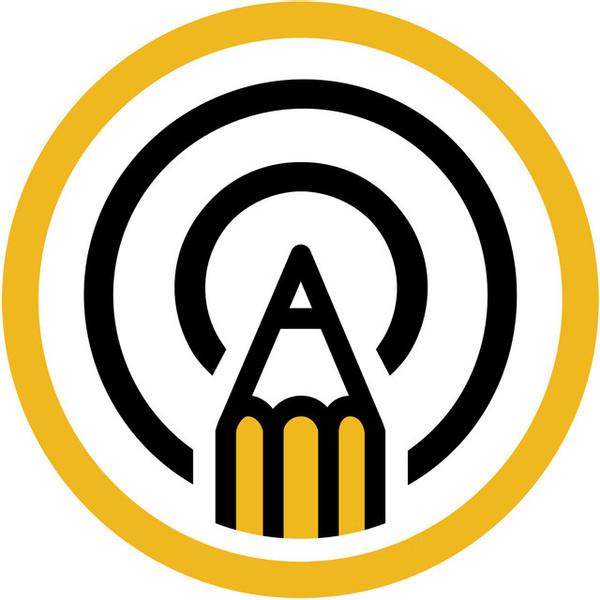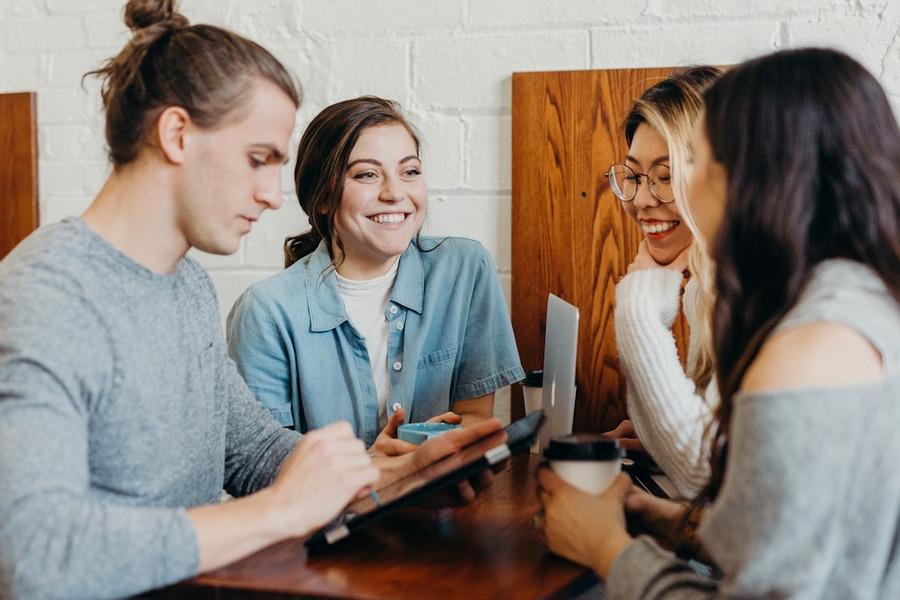You have more influence than you think
Curated from: open.spotify.com
Ideas, facts & insights covering these topics:
7 ideas
·2.42K reads
34
1
Explore the World's Best Ideas
Join today and uncover 100+ curated journeys from 50+ topics. Unlock access to our mobile app with extensive features.
Influence And Bias
When we think of influence, we don’t generally tend to think about the influence we naturally have, which is why we probably have more influence than we think.
- Influence is so much more than social media engagement, it’s about understanding the psychology of your interactions.
- Allowing yourself to look past your biases will reveal the natural influence you have in your everyday life.
26
468 reads
Basing your happiness on comparisons isn’t helpful because we are hopeless at setting reliable benchmarks for those comparisons”
PHILL AGNEW
28
424 reads
Gaining Vs Natural Influence
Everyday people have more influence than they give themselves credit for.
- Marketing, advertising, and social media influencers have created an aggressive and flashy narrative around the influence that isn’t applicable to most people
- The psychology of influence is so much more than just Twitter likes, it’s about understanding your everyday interactions.
- So many “influence” books claim that you need to gain influence, and that you don’t have it already—but that’s simply not true. This false narrative only bolsters our biases and causes us to ignore our natural influences.
23
319 reads
The Biases That Influence Our Perception Of Our Influence
The Invisibility Cloak Illusion: Tendency to (incorrectly) believe that you notice people more than they notice you
We almost always underestimate how many people are paying attention to us
The Spotlight Effect: Tendency to overestimate how much others notice aspects of one’s appearance or behavior
The Barry Manilow T-Shirt Experiment: People don’t actively notice your flaws as much as you think
The Liking Gap: Tendency to underestimate how much a conversation partner enjoyed the conversation and how much they liked you afterwards.
26
320 reads
The Blind Spots Of Our Mind
We unfairly judge ourselves on the specifics of the conversation while we judge the other person on warmth and friendliness.
Based on the referenced study, the actual likeness is about 12% higher than the perception.
Audience Tuning Effect: Tendency to adjust our language and context based on who we are talking to
Saying is Believing Effect: When we take audience tuning too far, we begin to muddy our own reality, memory, and opinions
Thanks, but No Thanks Experiment: We overestimate how awkward it is to receive a compliment and we underestimate how good a compliment makes us feel
24
278 reads
Fear Of Missing Out (FOMO)
- The average person thinks they are less social than the average person
- Logically, this can’t be true, so there’s plenty of bias involved in FOMO.
- We have a tendency to compare ourselves to the maximum rather than the mean
- Basing your happiness on comparisons isn’t helpful because we are hopeless at setting reliable benchmarks for those comparisons.
23
299 reads
Staying Worry Free And Being Okay With Imperfection
- Engage more and worry less about getting things perfect.
- By trying to avoid negative interactions, you actively limit the opportunity for positive interactions.
- Interactions are usually less awkward than you think, and the results are almost always surprisingly comforting.
25
315 reads
IDEAS CURATED BY
CURATOR'S NOTE
Our biases and blindspots relating to us.
“
Diane Hughes's ideas are part of this journey:
Learn more about podcasts with this collection
Understanding the importance of constructive criticism
How to receive constructive criticism positively
How to use constructive criticism to improve performance
Related collections
Similar ideas
13 ideas
Types of Cognitive Biases That Distort How You Think
verywellmind.com
6 ideas
4 ideas
Why Do You Always Make Bad Decisions?
verywellmind.com
Read & Learn
20x Faster
without
deepstash
with
deepstash
with
deepstash
Personalized microlearning
—
100+ Learning Journeys
—
Access to 200,000+ ideas
—
Access to the mobile app
—
Unlimited idea saving
—
—
Unlimited history
—
—
Unlimited listening to ideas
—
—
Downloading & offline access
—
—
Supercharge your mind with one idea per day
Enter your email and spend 1 minute every day to learn something new.
I agree to receive email updates







